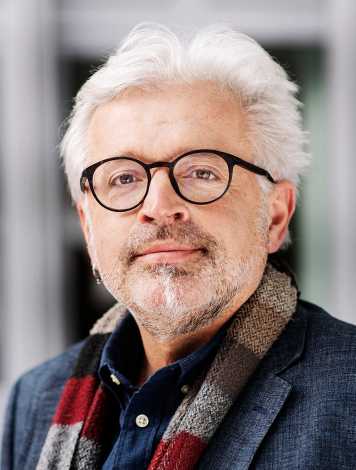Programme
This specialized interdisciplinary master's degree is a cooperation project between the chairs in the 'knowledge' section at the GESS department at ETH Zurich.

Throughout human history, various forms of knowledge have had a fundamental impact on individuals and societies. Sweeping transformations caused by the explosion of scientific and technological knowledge and the manifold innovations it produced during the last three centuries have come to shape people's lives in profound ways. As powerful tools of world-making, technology and science are always sites of social and political struggle. Across time, publics and experts have called attention to the negative and destructive side-effects produced by techno-scientific knowledge, be it in the context of industrialization, nuclear research, climate change or artificial intelligence. Others warn of the disappearance of religious/spiritual knowledge that has allegedly started in tandem with the rise of science and technocratic expert culture. Still others draw attention to alternative knowledge systems, rooted in feminist and Indigenous traditions, or cultures of the Global South, which have been sidelined by the rise of what is often represented as “western” science, and which speak powerfully for other ways of knowing and organizing societies.
To cope with these complexities, there is a need for academically trained experts who can help to mediate the relationship between science, technology and society in diverse professional roles. In order do to so, they must have a grasp of the political, economic, social, ethical and aesthetic contexts in which knowledge is produced, circulated, validated or rejected. The curriculum of the MA programme History and Philosophy of Knowledge (MAHPK) has been designed for this purpose. The multidisciplinary programme provides students with the theoretical background and methodological tools to analyse the relationship between knowledge and social order. It prepares students to recognize different types of knowledges, unpack their historical trajectories, retrace their interconnections, understand how they are embedded in society and assess their risks and consequences for world-making.
ETH faculty from diverse humanities and interpretive social science disciplines - historians, philosophers, scholars of cultural studies and science and technology studies -, provide inputs that enable graduates to creatively and independently tackle issues and problems related to past and present forms of knowledge. Alongside this, the students will learn how to convey their insights both to academic and non-academic audiences orally, in writing, or using visual and audio media. The MAHPK programme prepares students for a broad array of occupations, ranging from a career in academia, to journalism, policy consulting and museums.